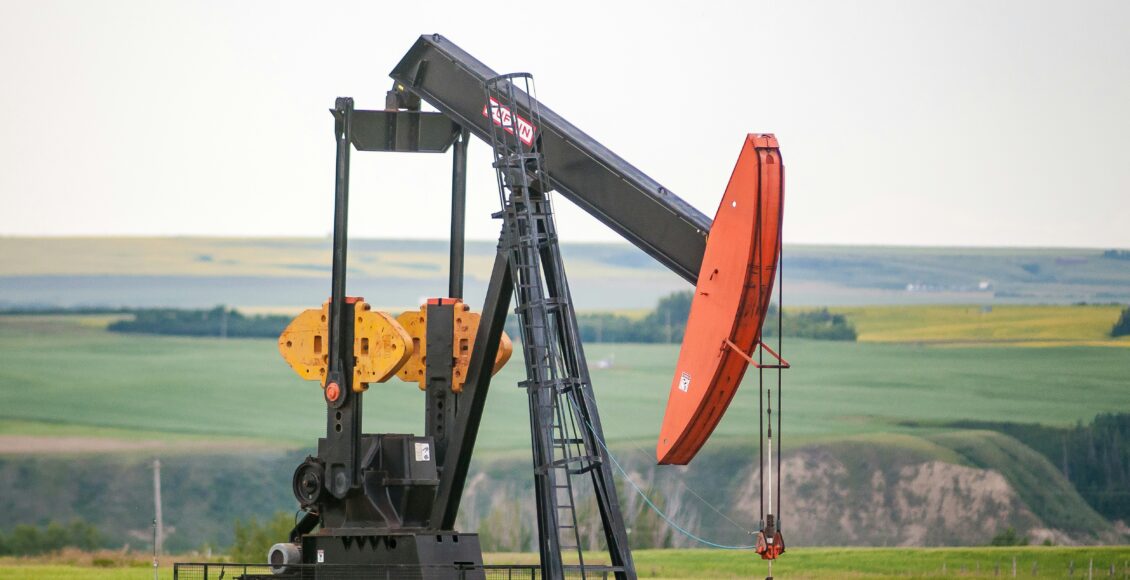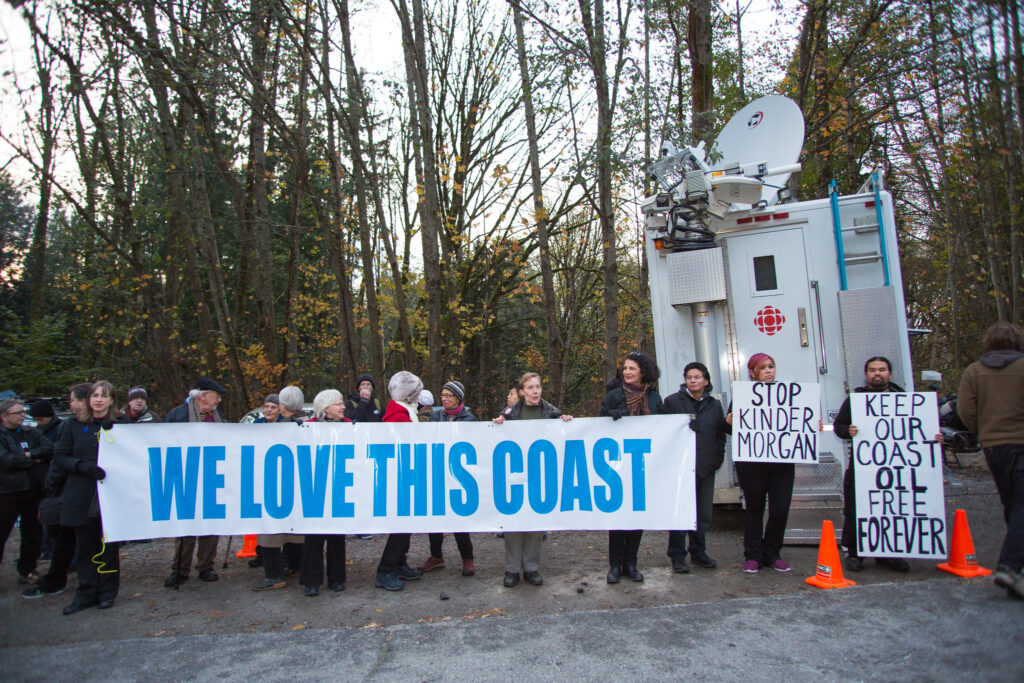Drill, Baby, Drill: Why Mark Carney Should Rethink Liberal Climate Policy

The role of oil and gas in the Canadian economy is a contentious political issue, dividing Canadians along political and geographic lines. Many Canadians view the industry as a significant contributor to greenhouse gas emissions, which contributes to global warming and undermines Canada’s goal of reaching net zero. However, with Canada facing a trade war with its two largest economic partners at the same time as its domestic economy is flailing, Prime Minister Mark Carney and the Liberal party need to recognize that increasing the production and export of petroleum products is likely the best way to limit the depth and pain of the impending recession. While Carney took the crucial first step of cancelling the unpopular consumer carbon tax, he should further consider eliminating the industrial carbon tax, cancelling the impending emissions cap, and investing in trans-Canadian infrastructure. In effect, the Liberals should adopt the Conservative position on climate regulations in full to ensure a prosperous economic future for Canada.

The climate policy under former Prime Minister Justin Trudeau was undoubtedly well-intentioned, though not without controversy, when the consumer and industrial carbon tax was first passed in 2018. However, Canada’s financial circumstances have shifted so dramatically that the economic ramifications of the Liberals’ emission reduction plans should be considered untenable. Even before the threat of erratic and destructive tariffs from the US and President Donald Trump, Canada faced falling GDP per capita, rising unemployment, and levies on goods sold to the US and China, pushing the country toward an increasingly probable recession. At the same time, Canada’s national debt-to-GDP ratio has climbed to 75.2 per cent for 2024/2025, up from 53.2 per cent in 2007/08, a burden that would grow even more severe should the government implement stimulus measures to counter the economic shock of tariff impositions.
Proponents of environmental policies like the industrial carbon tax or greenhouse gas pollution cap contend that they target emissions rather than restricting oil and gas production. However, even if a hard emission cap does not reduce output from current levels, it will likely cast a chilling effect on the industry, impeding future growth. The industrial carbon tax would directly burden producers, while the emissions cap would force them to purchase costly offsets. These increased expenses would erode potential profitability and deter investment in the sector, diverting capital to other markets. While emissions might decrease, this would come at the expense of hindering the economic growth desperately needed to address government debt and properly fund already struggling services, such as healthcare.

While climate change poses a genuine global threat, any reduction in Canada’s relatively modest greenhouse gas emissions would be rapidly overshadowed by emissions from rapidly industrializing nations like China and India. When emission reductions come at the cost of handicapping one of Canada’s most productive industries during a time when Canadians are experiencing declining prosperity, it suggests that now may not be the optimal moment to prioritize climate initiatives. Carney’s Liberal party should act in the best interest of Canadians by fully supporting Canada’s oil sector through the elimination of both the industrial carbon tax and the emissions cap, thereby restoring economic prosperity to Canadians.
Edited by Tia Haider
Featured Image: “A pump jack sits in the middle of a Canola Field on the banks of the Red Deer River valley” by David Thielen is licensed under Unsplash Liscence.
